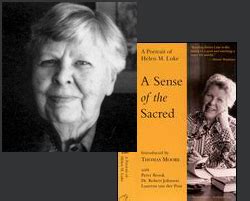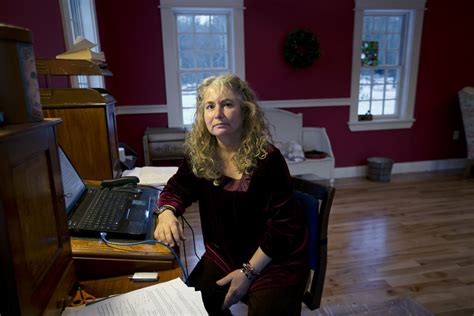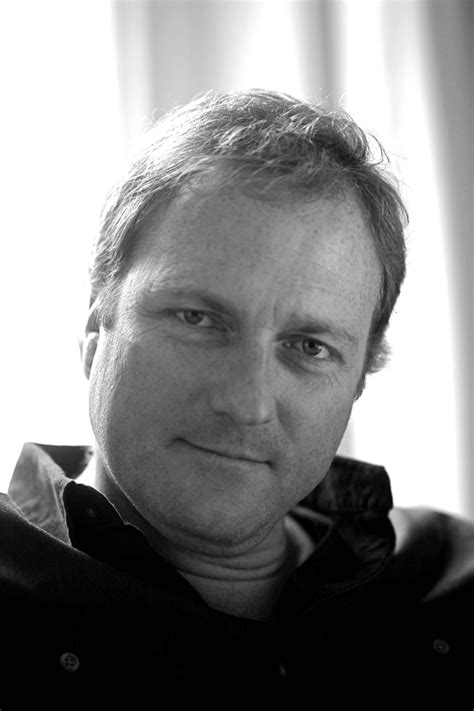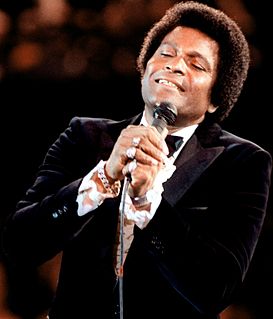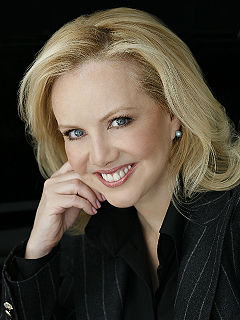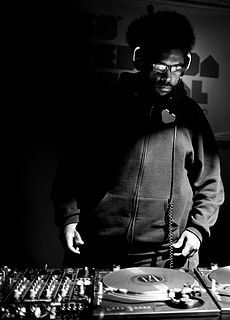Top 1200 Postpartum Depression Quotes & Sayings - Page 2
Explore popular Postpartum Depression quotes.
Last updated on April 20, 2025.
You have a class of young strong men and women, and they want to give their lives to something. Advertising has these people chasing cars and clothes they don't need. Generations have been working in jobs they hate, just so they can buy what they don't really need. We don't have a great war in our generation, or a great depression, but we do, we have a great war of the spirit. We have a great revolution against the culture. The great depression is our lives. We have a spiritual depression.
When you feel depressed, it helps to actively change your environment. Go and do something different. Martin Luther conquered his depression by going outside to work in his garden. Surprisingly enough, one of the best ways to handle depression is to go to work immediately on the task you least enjoy. (The chances are your depression is caused by guilt feelings arising out of neglect of those tasks.)
Aristocratic depression has this cosmic dimension to it, where it's asking these big questions about, "Why?" "What is the purpose of all this?" Neuroses of the middle class is the banishment of aristocratic depression, because it's kind of this obsession with quotidian detail that pushes these larger questions away.
In my mind, depression is, like all non-communicable diseases, a physiologically expressed condition which is profoundly influenced by our social and cultural environments. Depression is a global crisis not only because it is common and universal, but because the vast majority of affected people suffer in silence or receive inappropriate care.
That's the thing I want to make clear about depression: It's got nothing at all to do with life. In the course of life, there is sadness and pain and sorrow, all of which, in their right time and season, are normal-unpleasant, but normal. Depression is an altogether different zone because it involves a complete absence: absence of affect, absence of feeling, absence of response, absence of interest. The pain you feel in the course of a major clinical depression is an attempt on nature's part (nature, after all, abhors a vacuum) to fill up the empty space.
To illustrate the vain conceit that the universe must be somehow pre-ordained for us, because we are so well-suited to live in it, he [Douglas Adams] mimed a wonderfully funny imitation of a puddle of water, fitting itself snugly into a depression in the ground, the depression uncannily being exactly the same shape as the puddle.
Depression is a death within, a knowledge - terrifying - that you cannot resurrect yourself. Depression is loss of the vision that lets leaves breathe and fall, that lets the air smell of seed and soil. And there must be rage, yes I think there is rage toward such a severing, such a ragged-deep rupture with the world.
In the end, I do not think we will find the neat boundary between 'normal sadness' and 'clinical depression,' if only because mood is an innate human characteristic, like weight or the length of our hair. However, to reject the very notion of depression as an illness on account of these difficulties is throwing the baby out with the bath water.
When people say there is a 'reason' for the depression, they insult the person who suffers, making it seem that those in agony are somehow at fault for not 'cheering up.' The fact is that those who suffer - and those who love them - are no more at fault for depression than a cancer patient is for a tumor.
The most important thing to remember about depression is this: you do not get the time back. It is not tacked on at the end of your life to make up for the disaster years. Whatever time is eaten by a depression is gone forever. The minutes that are ticking by as you experience the illness are minutes you will not know again.
My parents, like others of "The Greatest Generation" who lived through the Great Depression and World War II, wanted to provide the best possible life for their children. My mother and father both attended college but dropped out to earn a living during the Depression, working the rest of their lives at blue-collar work.
I know, perhaps as well as anyone, what depression means, and what it is to feel myself sinking lower and lower. Yet at the worst, when I reach the lowest depths, I have an inward peace which no pain or depression can in the least disturb. Trusting in Jesus Christ my Savior, there is still a blessed quietness in the deep caverns of my soul.







